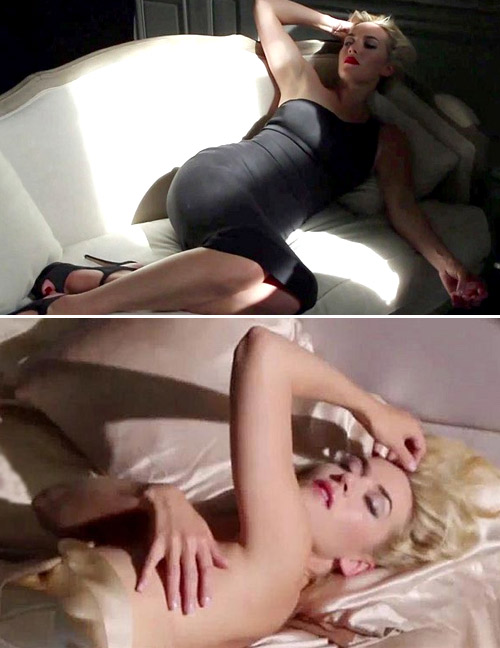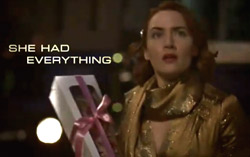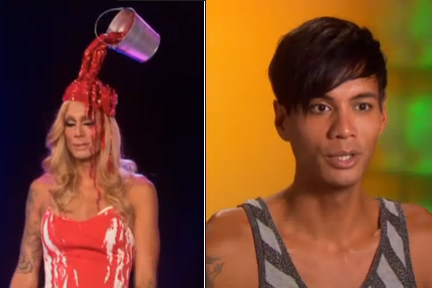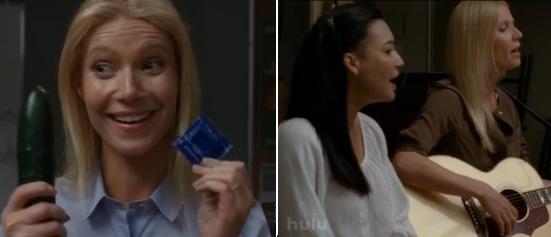Robert here, with my series Distant Relatives, where we look at two films, (one classic, one modern) related through a common theme and ask what their similarities and differences can tell us about the evolution of cinema.
After weeks of Oscar movies I thought we'd get a little esoteric. But don't worry, you don't have to have seen either of these films, you just have to enjoy sex and violence like the rest of us.
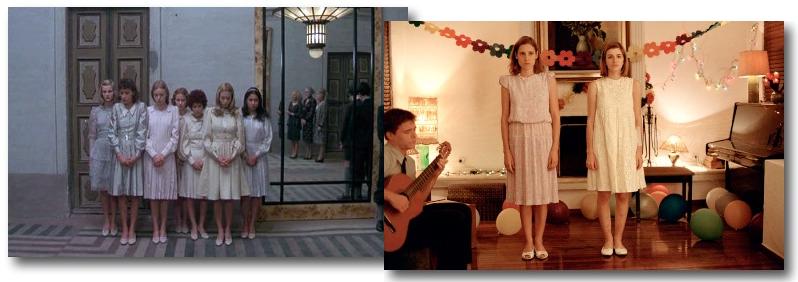
There's lots of sex in your violence
Who doesn’t love violence and sex? We go to the movies and cheer at every explosion and gunned down bad guy. Our heart races at the excitement of the fight. And vanquished villains are best celebrated by beautiful men and women, the actors we idolize, stripping down for a love scene, strategically filmed. We watch fantasy up on the big screens where blood is often minimal, skin is plentiful, and the world makes sense. And what happens when when the fantasy ends? When we’re presented reality the fun ends pretty quickly.
Pier Paolo Pasolini’s Salo or the 120 Days of Sodom is notorious as possibly the most disturbing cinematic experience ever put on celluloid. The film follows a group of Facists who kidnap about twenty youths and take them to a beautiful villa for several months of sadism, abuse, mental and sexual torture, and eventually death (that’s not really a spoiler, you’ll not be expecting a happy ending). The film has resulted in censorship, bans and arrests throughout America, Euorpe and Austriala yet has been championed as a work of art by the likes of Martin Scorsese, Michael Haneke and Catherine Breillat.
Dogtooth doesn’t quite have this reputation yet but it’s working on it. While being banned isn’t likely, its Academy screenings have already developed a delightful place in Oscar history with viewers booing, walking out and in at least once case, threatening resignation. The film is a view into the world of a Greek family, where the parents have isolated their children (to the point where they make up new meanings for common words) into a surreal existence. As the children, now adults, become increasingly sexual and increasingly aggravated at the fear of their own reality, events spiral out of control.
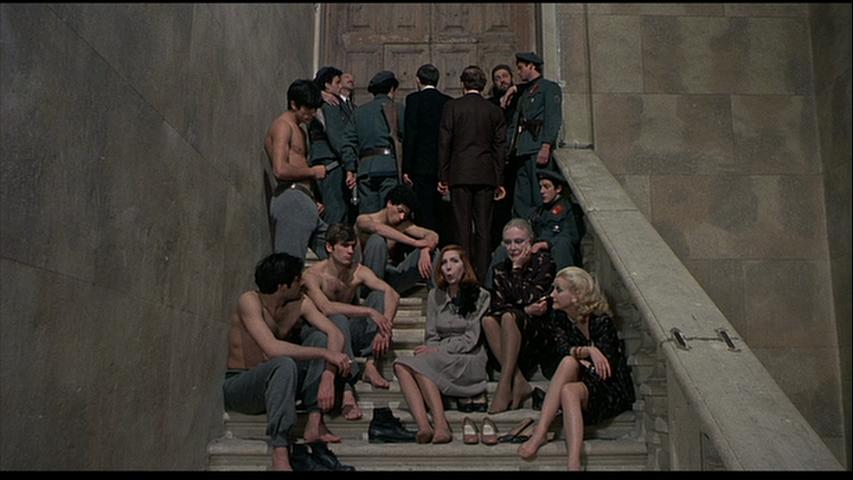
Horror films
So we have two films about the older generation secluding and abusing the younger that expect us not to look away. And to what purpose we ask. Is Pasolini presenting us with Facists who do the most horrible things imaginable to convince us that Facism is bad? Is there a purpose at all to the family in Dogtooth whose existence we can’t begin to believe ever possible? Furthermore, how can two films repel us by presenting sex and violence as reality and yet be so unreal?
Consider the modern horror movie where the difference is split. The violence is presented in gruesome realistic detail as part of the adrenaline rush of the genre. These films dare us to keep watching even though they promise to show us unpleasantness simply for the scare of it. But the sex is still strictly fantasy; developmentally arrested men and blonde bimbos tussle beneath the sheets unaware that their only purpose in the film is to be exposed and then executed. But it’s okay since they’re not real people with real feeling and lives. They’re just window dressing. Films like this are routinely criticized for their dehumanizing and objectifying of human beings.
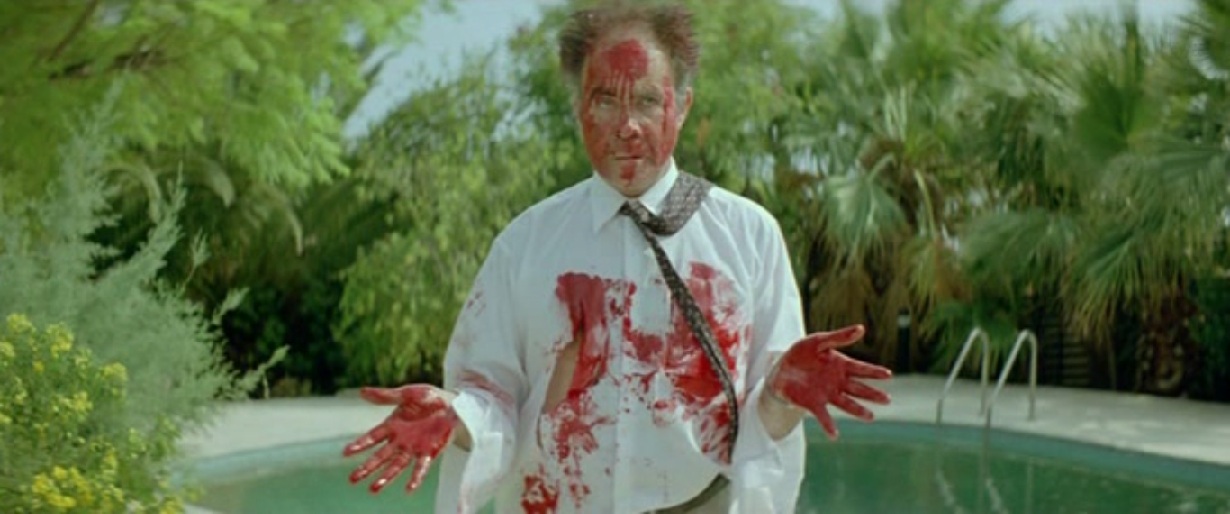
Real People
Perhaps by non more than Salo and Dogtooth, films that strip sex of all seduction, romance, or anything sexy and present people as nothing more than commodities to buy, sell, trade or kidnap as utilitarian means to the end of appeasing the all-powerful sex drive. As a comparison of Facism with Capitalism so extreme it deals in the sale of human objectification or as a comment on isolation from corruption to the extent it turns basic human sexuality into natural perversity and eventually self-destruction, Salo and Dogtooth suddenly seem like they’re saying something very real in their unreality.
Then again perhaps that’s not what either are about. These two films particularly have had critics and scholars puzzling over various interpretations. But if they are, what are we to take from them? If we’ve ever lusted after an objectified body (and who hasn’t?) are we as guilty as them as the maniacs in Salo? Do we they suppress ourselves into unhealthy resistance like the family in Dogtooth? When it comes to sex and violence we are always victims of and participants in the society that births us. So we retreat back into the Hollywood fantasy where the glistening perfect bodies tangle among each other like bullets forming a crossfire where our heroes never get hit. Sex and violence are fun again, we can enjoy unreality presented as reality and eschew the reality of Salo and Dogtooth presented as unreality
 Thursday, March 10, 2011 at 5:30PM
Thursday, March 10, 2011 at 5:30PM  Black Swan,
Black Swan,  LGBT,
LGBT,  Natalie Portman,
Natalie Portman,  spoofs
spoofs 




